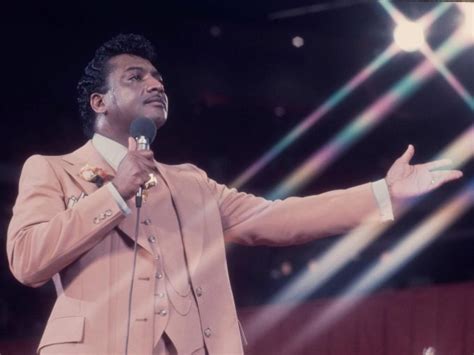A Quote by Cat Stevens
Man may live and man may die searching for the question why. But if he tries to rule the sky, he must fall.
Related Quotes
We may live without poetry, music and art; We may live without conscience, and live without heart; We may live without friends; we may live without books; But civilized man cannot live without cooks. . . . He may live without books,-what is knowledge but grieving? He may live without hope,-what is hope but deceiving? He may live without love,-what is passion but pining? But where is the man that can live without dining?
A man sentenced to death obtained a reprieve by assuring the king he would teach his majesty's horse to fly within the year - on the condition that if he didn't succeed, he would be put to death at the end of the year. "Within a year," the man explained later, "the king may die, or I may die, or the horse may die. Furthermore, in a year, who knows? Maybe the horse will learn to fly." My philosophy is like that man's. I take the long-range view.
Why does man freeze to death trying to reach the North Pole? Why does man drive himself to suffer the steam and heat of the Amazon? Why does he stagger his mind with the mathematics of the sky? Once the question mark has arisen in the human brain the answer must be found, if it takes a hundred years. A thousand years.
Science tries to answer the question: "How?" How do cells act in the body? How do you design an airplane that will fly faster thansound? How is a molecule of insulin constructed? Religion, by contrast, tries to answer the question: "Why?" Why was man created? Why ought I to tell the truth? Why must there be sorrow or pain or death? Science attempts to analyze how things and people and animals behave; it has no concern whether this behavior is good or bad, is purposeful or not. But religion is precisely the quest for such answers: whether an act is right or wrong, good or bad, and why.
You can’t lose with the stuff I use!”; “Some may say money is the root of all evil, but being in poverty is a damn shame!”; “The best thing you can do for the poor is not be one of them”; “God doesn’t want you to have your pie-in-the-sky, by and by, when you die. He wants you to have it now with a cherry on top!”; and “If it’s that difficult for a rich man to get into heaven, think how terrible it must be for a poor man to get in. He doesn’t even have a bribe for the gatekeeper!
In the beginning the Gods made man, and fashioned the sky and the sea, And the earth's fair face for man's dwelling-place, and this was the Gods' decree: "Lo, We have given to man five wits: he discerneth folly and sin; He is swift to deride all the world outside, and blind to the world within: So that man may make sport and amuse Us, in battling for phrases or pelf, Now that each may know what forebodeth woe to his neighbor, and not to himself.
A politician must often talk and act before he has thought and read. He may be very ill informed respecting a question: all his notions about it may be vague and inaccurate; but speak he must. And if he is a man of ability, of tact, and of intrepidity, he soon finds that, even under such circumstances, it is possible to speak successfully.
In everything that can be called art there is a quality of redemption. It may be pure tragedy, if it is high tragedy, and it may be pity and irony, and it may be the raucous laughter of the strong man. But down these mean streets a man must go who is not himself mean, who is neither tarnished nor afraid.




































